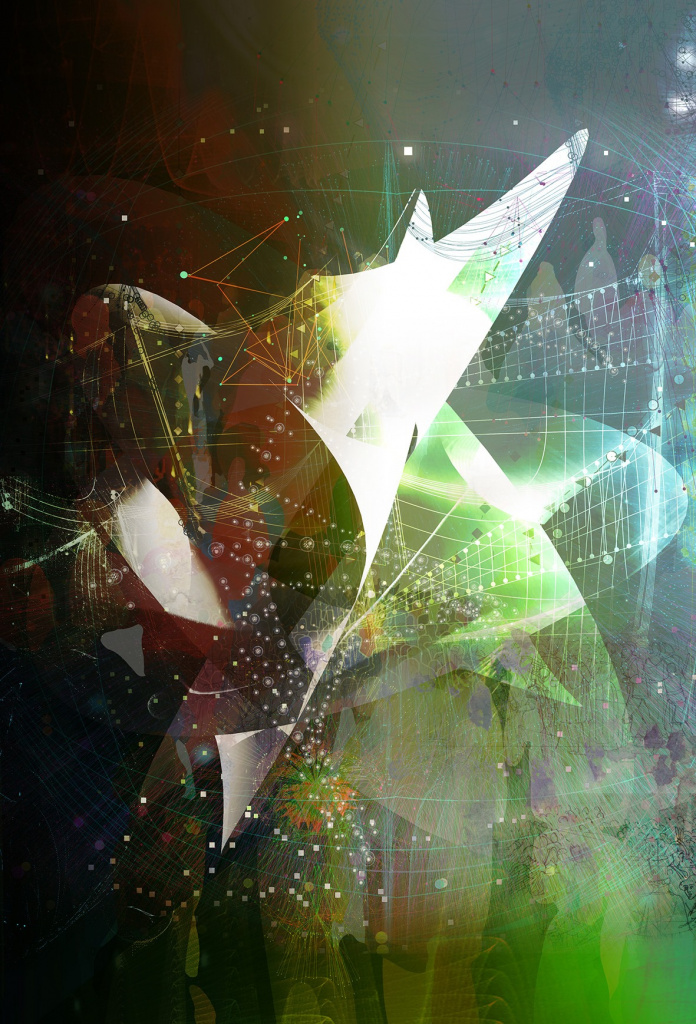Полина Колозариди
Интернет-исследователь, координатор клуба любителей интернета и общества, преподаватель НИУ ВШЭ
В последнее время многие утверждают, что интернет уже не тот, что прежде. Будто он сломался, испортился, перестал помогать людям, стал вредить демократии. Об этом говорят активисты, программисты и инженеры. Один из самых ярких случаев – обращение в 2019 г. Тима Бернеса-Ли к широкой общественности, в котором один из создателей проекта Всемирной сети пишет о том, что интернет задумывался совсем другим и сейчас важно опять вернуть его развитие в нужное русло, разработать новое техническое решение, где пользователи сами смогут контролировать свои данные. За каждой подобной оценкой стоит определенное видение функций интернета и представление о желаемом будущем, к которому приведет или которому помешает интернет.
То, каким будет интернет завтра, и то, как он повлияет на развитие гражданского общества, зависит от того, как люди воображают интернет сейчас и видят будущее его развития. Автор предлагает исследовать изменения представлений об интернете и как эти представления могут повлиять на развитие интернета в будущем.
(Читать статью полностью в формате .pdf)
The Internets of the Future: What They Can Be for Civil Society
Polina Kolozaridi
Internet researcher, coordinator of the Club for Internet and Society Enthusiasts, associate professor at NRU HSE
It is sometimes said that today’s internet is different from what it used to be. As if it had become ruined or spoiled, ceased to truly help people, and started to be harmful to democracy.This idea is much discussed by activists, programmers, and engineers. One of the most striking cases is the appeal that Tim Berners-Lee addressed to a broad public audience in 2019. One of the creators of the World Wide Web, Berners-Lee writes that the internet was initially supposed to be something quite different and now it is important to refashion it, to come up with new technical solutions that will allow the users themselves to control their data. But behind each such opinion, pessimistic or still optimistic, there lies a certain vision of what the internet is and what it might be, as well as a certain idea of the desired future, as something the internet will help bring about or prevent.
The future of the internet and its impact upon the development of civil society hinges on how people understand the internet now. Herein, I propose to examine variation in how the internet is understood today, and how those differing visions may influence its development in the future.
Read full article (PDF, 385 KB)

